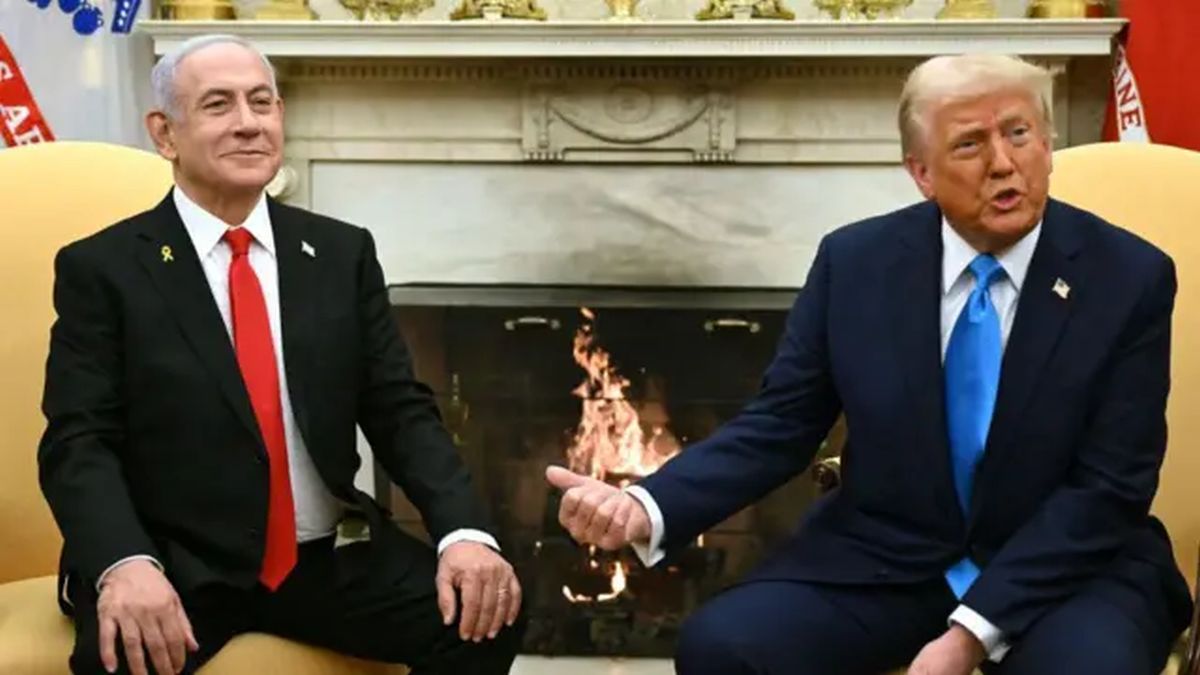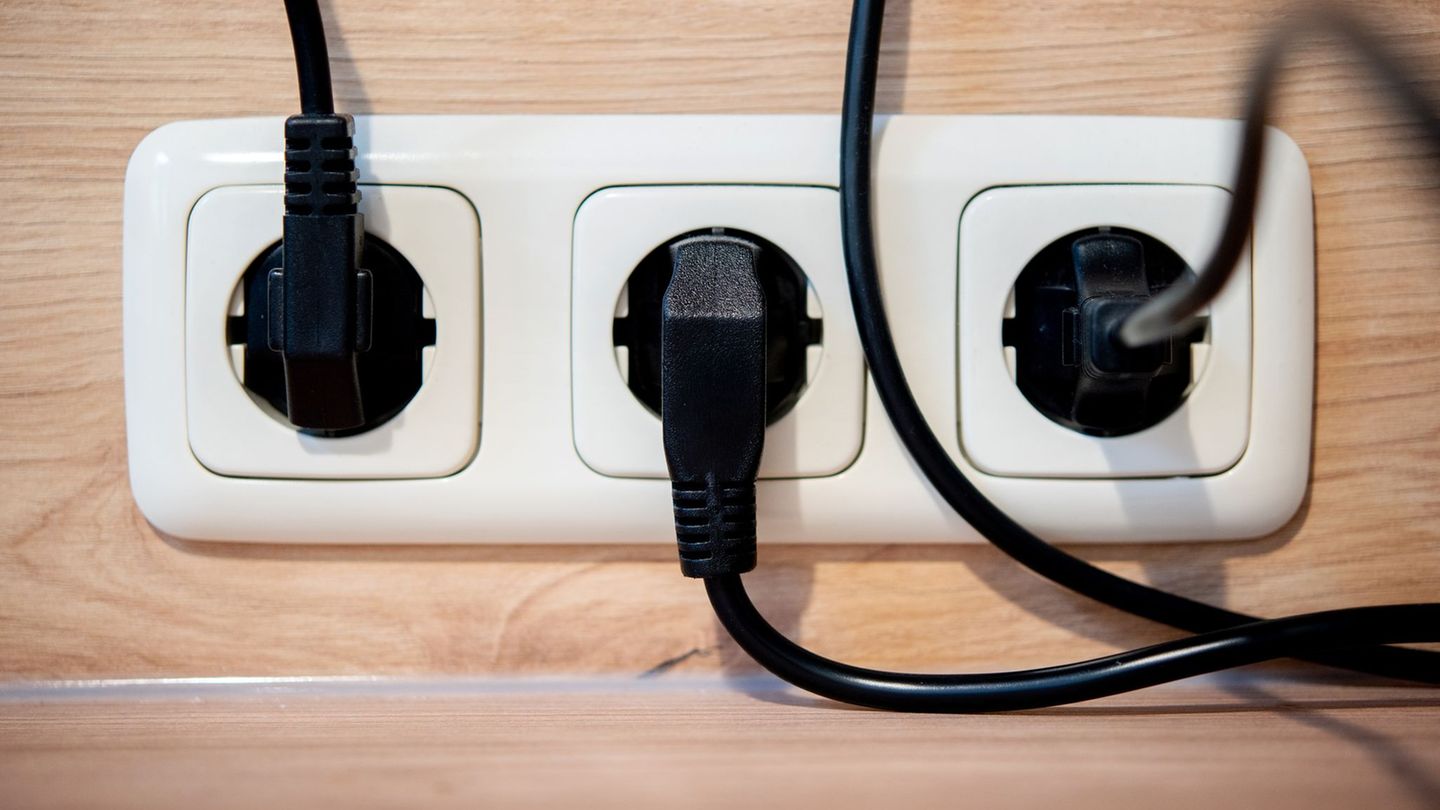Menu
Energy prices: “broken word”? The government’s electricity tax problem
Categories
Most Read
European finances: EU auditors uncover irregularities worth billions
October 8, 2025
No Comments
Gustavo Weiss warned that US$25,000 million are lost per year due to the deterioration of infrastructure
October 8, 2025
No Comments
The IMF trusts that there will soon be decisions on financial aid to Argentina
October 8, 2025
No Comments
Construction improved 0.5% monthly in August, but remained at the same level as at the end of 2024
October 8, 2025
No Comments
The industry recorded a slight rebound in August after two consecutive sharp declines
October 8, 2025
No Comments
Latest Posts

The Chinese automaker BYD begins operations in the country with six electric and hybrid models
October 8, 2025
No Comments
“On behalf of the entire BYD team, we deeply appreciate the interest of those who approached the brand during the pre-sale. We want each customer

Banco Macro announced a plan to buy back its shares for up to $225,000 million
October 8, 2025
No Comments
October 8, 2025 – 20:32 The financial entity explained that it is a measure taken given the context of market volatility and falling prices of

Donald Trump confirmed the agreement between Israel and Hamas to exchange hostages for prisoners
October 8, 2025
No Comments
October 8, 2025 – 20:11 The agreement, which will be made official in Egypt, seeks to return 47 kidnapped by the paramilitary organization and release
24 Hours Worlds is a comprehensive source of instant world current affairs, offering up-to-the-minute coverage of breaking news and events from around the globe. With a team of experienced journalists and experts on hand 24/7.

